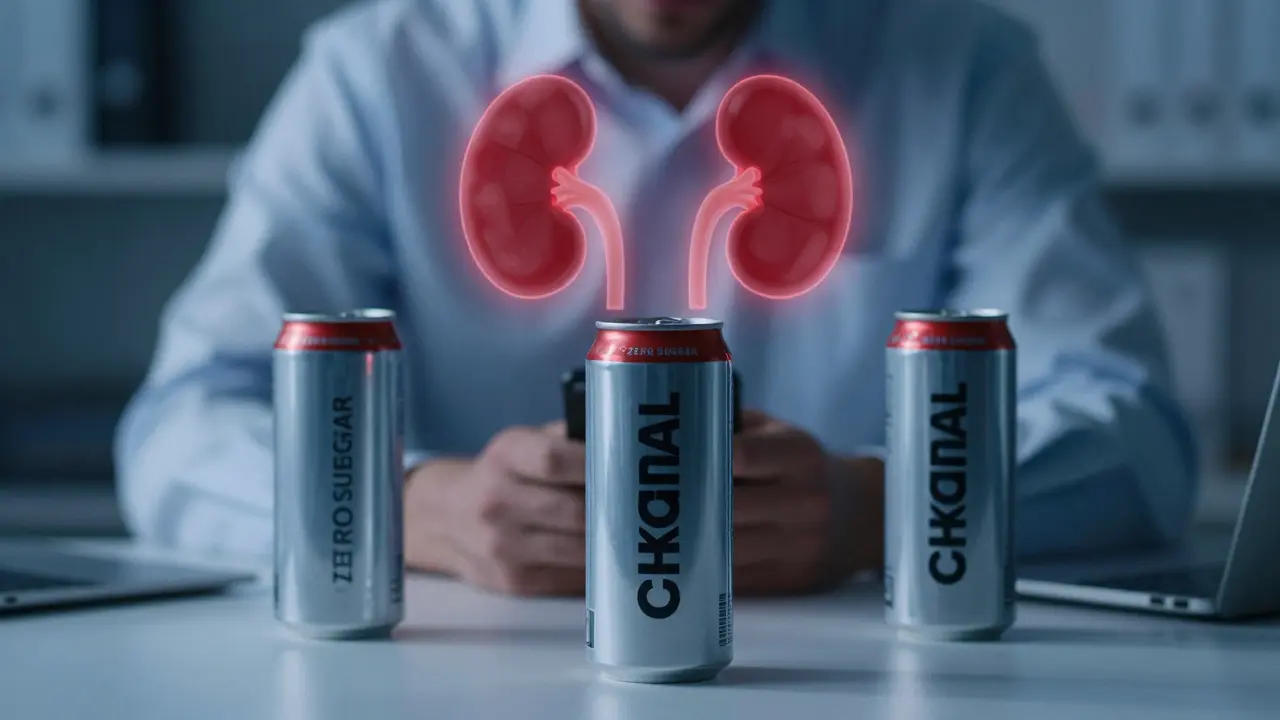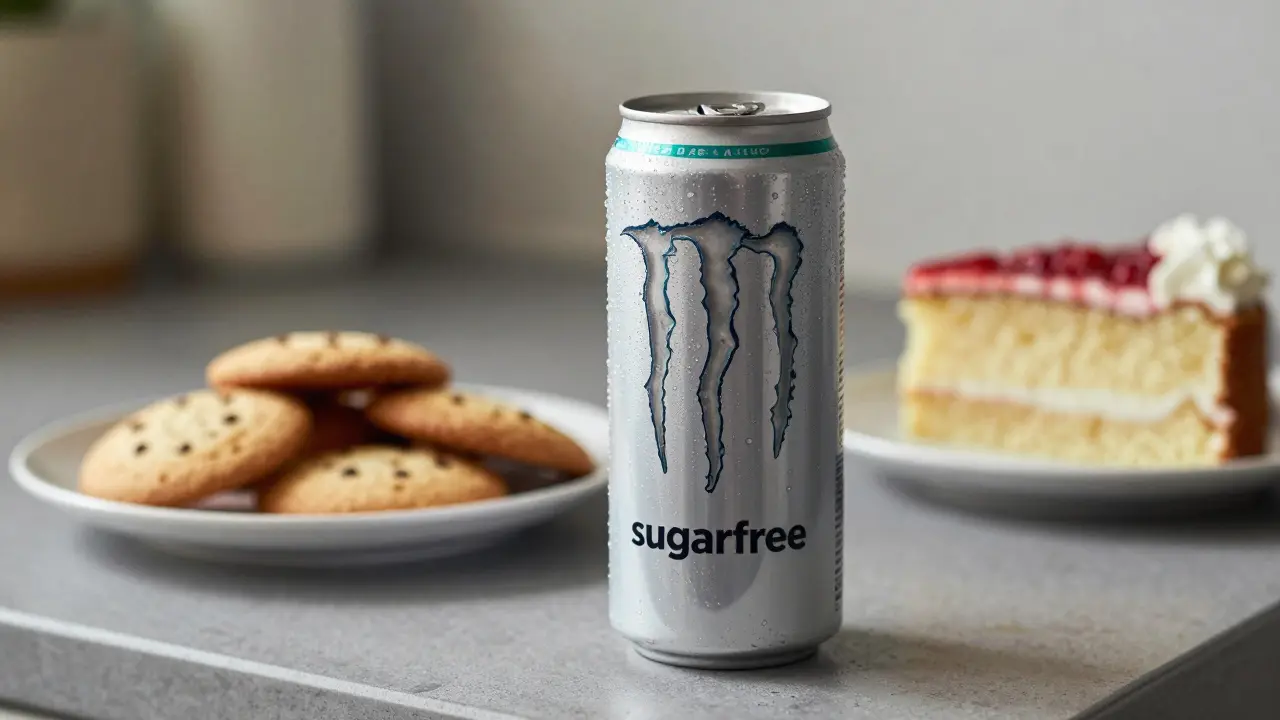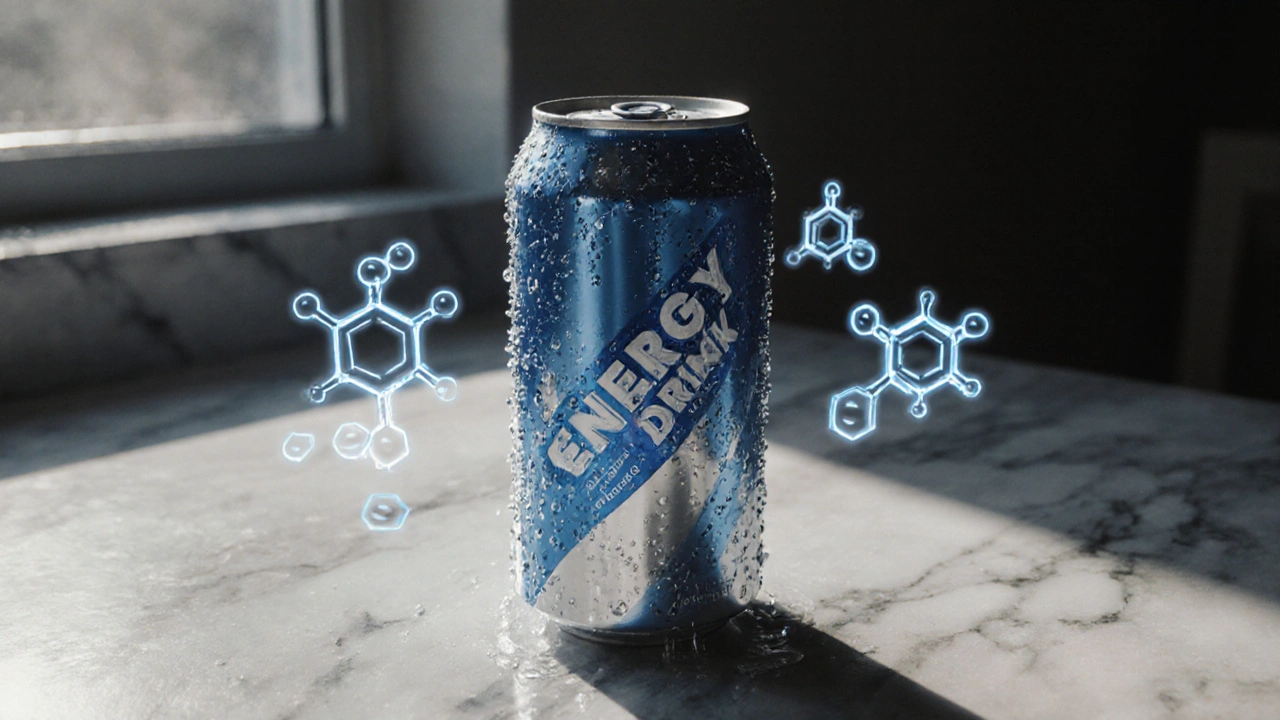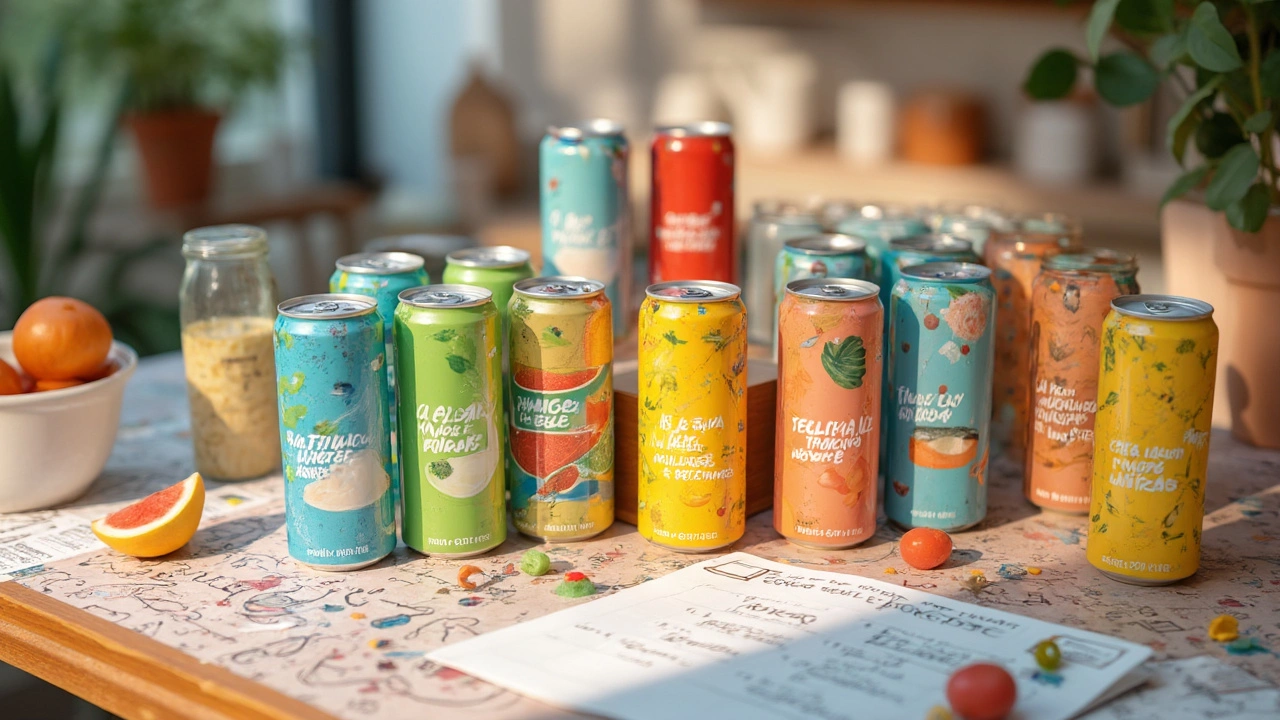Artificial Sweeteners: What They Are and Why They Matter in Energy Drinks
Artificial sweeteners are a common ingredient in many energy drinks today. But what exactly are they? Simply put, artificial sweeteners are sugar substitutes that provide sweetness without the calories of regular sugar. Popular types include aspartame, sucralose, and acesulfame potassium, and they're often used to keep the calorie count low while still giving you that sweet taste you expect.
Why choose artificial sweeteners over sugar in energy drinks? For starters, many people want to cut back on sugar for health reasons like lowering their intake of empty calories or managing blood sugar levels. Artificial sweeteners let manufacturers create drinks that deliver energy and flavor without the sugar crash that comes after consuming a lot of sugar.
Health Benefits and Concerns You Should Know
Using artificial sweeteners can help reduce calorie intake, which might support weight management if energy drinks are a part of your routine. Plus, for individuals with conditions like diabetes, these sweeteners offer a way to enjoy flavored drinks without spiking their blood sugar.
That said, not all the news about artificial sweeteners is positive. Some studies suggest that certain sweeteners can affect gut bacteria or even increase cravings for sweet foods, potentially making it harder to control your diet. Others worry about long-term impacts, though many artificial sweeteners are approved as safe by global health authorities when consumed within limits.
Reading labels can help you know what you’re drinking. If you notice sucralose or acesulfame potassium in your favorite energy drink, now you know they’re there to keep it sweet but light on calories. It might be a good idea to balance your intake and not rely too heavily on these drinks if you want to avoid any possible downsides.
Choosing the Right Energy Drink for You
Not all energy drinks are created equal. Some use natural sweeteners like stevia or monk fruit, which can be easier on the body if you prefer to avoid artificial ones. Others stick to sugar, which tastes great but comes with its own health warnings. Figure out your goals—whether it's cutting calories, avoiding sugar crashes, or just finding a drink that tastes good—and pick accordingly.
In the end, knowing what's in your energy drink helps you make smarter choices. Artificial sweeteners play a big role in how these drinks are made and enjoyed, but understanding their effects lets you control how they fit into your day. Stay aware, keep an eye on ingredient labels, and enjoy your energy boost without surprises.
Zero sugar energy drinks may seem healthy, but daily consumption can strain your kidneys through artificial sweeteners, acids, and high caffeine. Learn the risks and how to protect your renal health.
Zero-calorie energy drinks may have no sugar, but they can still lead to weight gain by disrupting metabolism, increasing cravings, and altering gut health. Here’s how and what to drink instead.
Zero sugar energy drinks may seem healthier, but they still contain high caffeine, artificial sweeteners, and acid that can harm sleep, teeth, and metabolism. Here’s what science says about their real risks.
Exploring the truth behind 0 calorie drinks, this article delves into whether these beverages are truly calorie-free. We examine the ingredients, explain how they manage to claim zero calories, and look into the role of artificial sweeteners. Learn about the health implications and what these drinks might mean for your diet. Get insights and tips for making informed choices about your beverage consumption.




